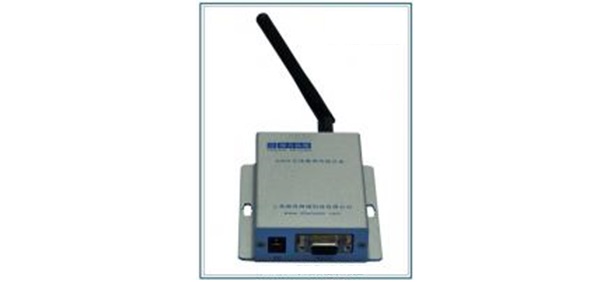
- Internet of Things - Home
- IOT - Overview
- IOT - Characteristics
- IOT - Hardware
- IOT - Software
- IoT - Technology & Protocols
- IoT - Architecture
- IOT - Common Uses
- Media, Marketing, & Advertising
- IoT - Environmental Monitoring
- IoT - Manufacturing Applications
- IoT - Energy Applications
- IoT - Healthcare Applications
- IoT - Building/Housing Applications
- IoT - Transportation Applications
- IoT - Education Applications
- IoT - Government Applications
- IoT - Law Enforcement Applications
- IoT - Consumer Applications
- IoT - Thingworx
- IoT - CISCO Virtualized Packet Zone
- IoT - Salesforce
- IoT - GE Predix
- IoT - Eclipse
- IoT - Contiki
- IoT - Security
- IoT - Identity Protection
- IoT - Liability
- IoT - Types Networks
- IoT - Network Protocols
- IoT - Data Protocols
- IoT - ZigBee Vs. Thread Protocols
Internet of Things - Energy Applications
The optimization qualities of IoT in manufacturing also apply to energy consumption. IoT allows a wide variety of energy control and monitoring functions, with applications in devices, commercial and residential energy use, and the energy source. Optimization results from the detailed analysis previously unavailable to most organizations and individuals.
Residential Energy
The rise of technology has driven energy costs up. Consumers search for ways to reduce or control consumption. IoT offers a sophisticated way to analyze and optimize use not only at device level, but throughout the entire system of the home. This can mean simple switching off or dimming of lights, or changing device settings and modifying multiple home settings to optimize energy use.
IoT can also discover problematic consumption from issues like older appliances, damaged appliances, or faulty system components. Traditionally, finding such problems required the use of often multiple professionals.
Commercial Energy
Energy waste can easily and quietly impact business in a major way, given the tremendous energy needs of even small organizations. Smaller organizations wrestle with balancing costs of business while delivering a product with typically smaller margins, and working with limited funding and technology. Larger organizations must monitor a massive, complex ecosystem of energy use that offers few simple, effective solutions for energy use management.
A smart-meter still requires a reader to visit the site. This automated meter reader makes visits unnecessary, and also allows energy companies to bill based on real-time data instead of estimates over time.

IoT simplifies the process of energy monitoring and management while maintaining a low cost and high level of precision. It addresses all points of an organization's consumption across devices. Its depth of analysis and control provides organizations with a strong means of managing their consumption for cost shaving and output optimization. IoT systems discover energy issues in the same way as functional issues in a complex business network, and provide solutions.
Reliability
The analytics and action delivered by IoT also help to ensure system reliability. Beyond consumption, IoT prevents system overloads or throttling. It also detects threats to system performance and stability, which protects against losses such as downtime, damaged equipment, and injuries.